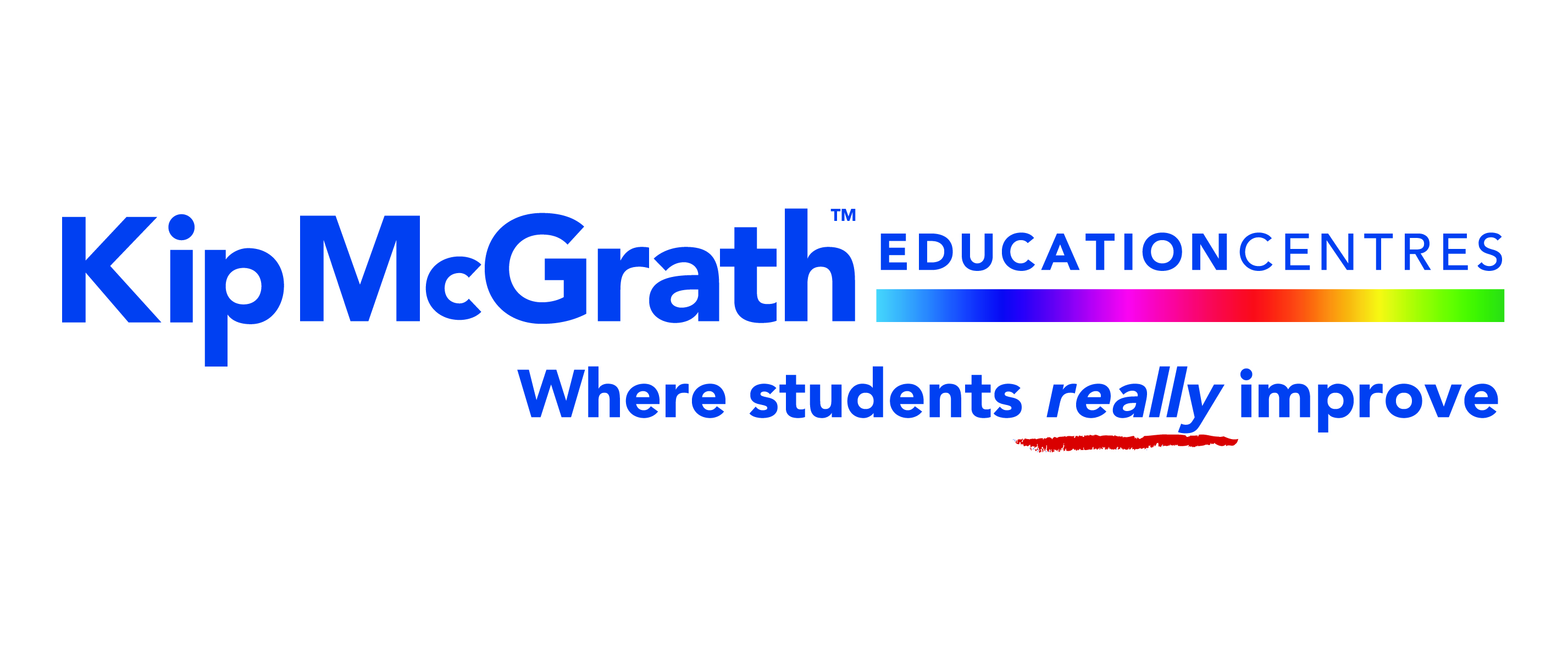In the news today is the Chief Inspector of Ofsted, Sir Michael Wilshaw, criticising the increasing practice of entering students early for their GCSE exams.
Our own personal experience of this at Kip McGrath Ashford is that it is on the increase and the figures released today back up our observations.
Early entries rose from 5% in 2007 to 25% of all GCSEs in 2010.
And Ofsted warn the full extent of early entry to GCSE examinations is under-represented by these figures. When we started in 2004 it felt schools were still using early entries in the traditional manner, to stretch the top students earlier in their school life.
Over the years the philosophy of schools has changed. It’s almost an expectation that schools will enter the majority of their pupils early.
In the vast majority of situations the pupils are not ready, haven’t received the teaching time commensurate for examination, haven’t developed the skills needed to get the highest grade possible.
Ofsted also back up something that we have noticed, that on occasions school enter students in the same subject but in two different exam boards in the hope of “exploiting the flexibility of exam arrangements” in the hope that they might get a C in one of them.
At times dependent on the subject there are significant differences in the syllabi that make it a counter productive measure. More importantly it confuses the pupils and rather than boosting their confidence it tends to erode it.
Ofsted also has concerns about the other end of the scale, the students who find maths a very difficult subject.
“Too many pupils who have a poor start or fall behind early in their mathematics education never catch up,” he says.
“The 10% who do not reach the expected standard at age seven doubles to 20% by age 11, and nearly doubles again by 16.
“Schools must focus on equipping all pupils, particularly those who fall behind or who find mathematics difficult, with the essential knowledge and skills they need to succeed in the next stage of their mathematics education.”
Too often our teaching of maths in this country suggests to pupils that it is either a subject that you can either do, or one you can’t do. When I was a full time teacher of maths whenever I mentioned in social situations what I taught I almost had a queue of adults proclaiming that they were always hopeless at maths.
At Kip McGrath we recognise that we do get the broad spectrum of abilities, from those senior pupils pushing for the very best grades to those that find it almost a mystery subject. What we have found that we can improve any pupils ability and generally it always comes down to one thing, showing that there is always a method that gets to the answer.
Related articles
- Entering pupils early for GCSEs is damaging to children, warns Ofsted (guardian.co.uk)
- Britain’s maths shame: Bright school children end up losing interest at secondary level (dailymail.co.uk)
- Ofsted: Maths teaching must improve (express.co.uk)
- Ofsted: bright children failed by poor maths lessons (telegraph.co.uk)
- Ofsted: Maths teaching must improve (kenilworthweeklynews.co.uk)
- Gove warns against early GCSEs (independent.co.uk)

Recent Comments